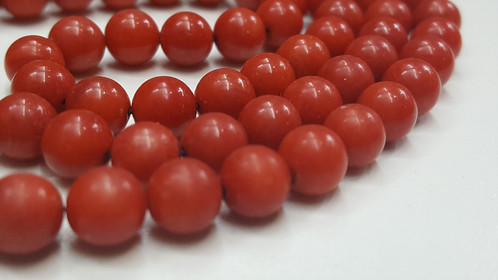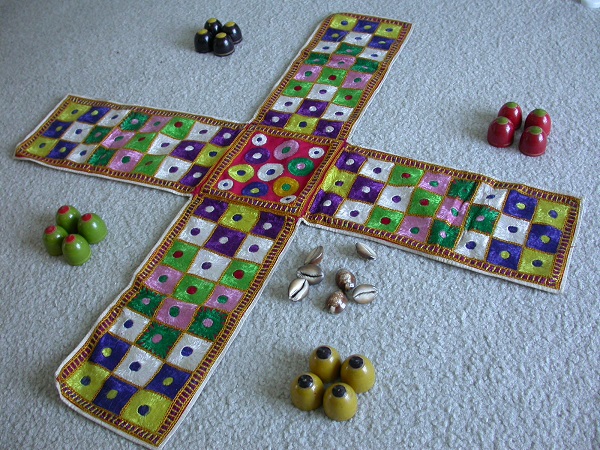FWP:
SETS == DEFINITION; WORDPLAY
ISLAMIC: {10,2}
For background see S. R. Faruqi's choices. This verse is NOT one of his choices; I thought it was interesting and have added it myself. For more on Ghalib's unpublished verses, see the discussion in {4,8x}.
The first line proposes a possible, suppositional definition: perhaps 'piety' might mean making the rounds of generous people's houses, seeking alms. The second line not only doesn't affirm this possible definition, but even finds it explicitly confusing or confounding. For if this definition of piety is true, then the speaker is doubly bewildered, 'like a bead of the prayer-beads'. First, as Zamin points out, he is in effect sar-gardān like a bead, with his head 'going round' the way the beads are 'going round' when prayer-beads are being used. And second, he is stupefied, frozen in place, like a piece/'bead' on a game-board that has been 'checkmated' and rendered unable to move. In either case, being either dizzy or immovable, the hapless speaker seems to be unable to practice this kind of piety.
Why is this definition of piety so confusing or confounding? As so often, we're left to decide for ourselves. The verse itself gives us no information whatsoever; we can't tell what moral position the speaker is taking, or even whether he's taking a moral position at all. We learn that he's flummoxed, but we're left to decide for ourselves why this is so.
The verse of course offers, as its chief charm, elegant networks of interlocking wordplay. In the realm of game-playing (perhaps of chausar , or chaupar ) we have ḳhānah (see the definition above), muhra , shashdar . In the realm of 'beads' we have dānah , tasbīḥ , muhrah . And in the religious realm we have zuhd , tasbīḥ , and gird with its overtones of 'circumambulation' (Zamin explicitly uses the word t̤avāf ). Then, as icing on the cake, we have ḳhānah and shashdar (literally, 'six doors').
Compare {96,6}, in which the speaker considers the 'spectacle' of the 'people of generosity'.


Asi:
The meaning of zuhd is only this: that I would walk in circles around the houses of some generous ones. Ever since I took up prayer-beads, I have become a 'bead' that becomes trapped in a checkmate. It should be noted that when a 'bead' becomes trapped in a checkmate, then release becomes impossible and it cannot again emerge, except when the other player himself would bring it out.
== Asi, p. 69